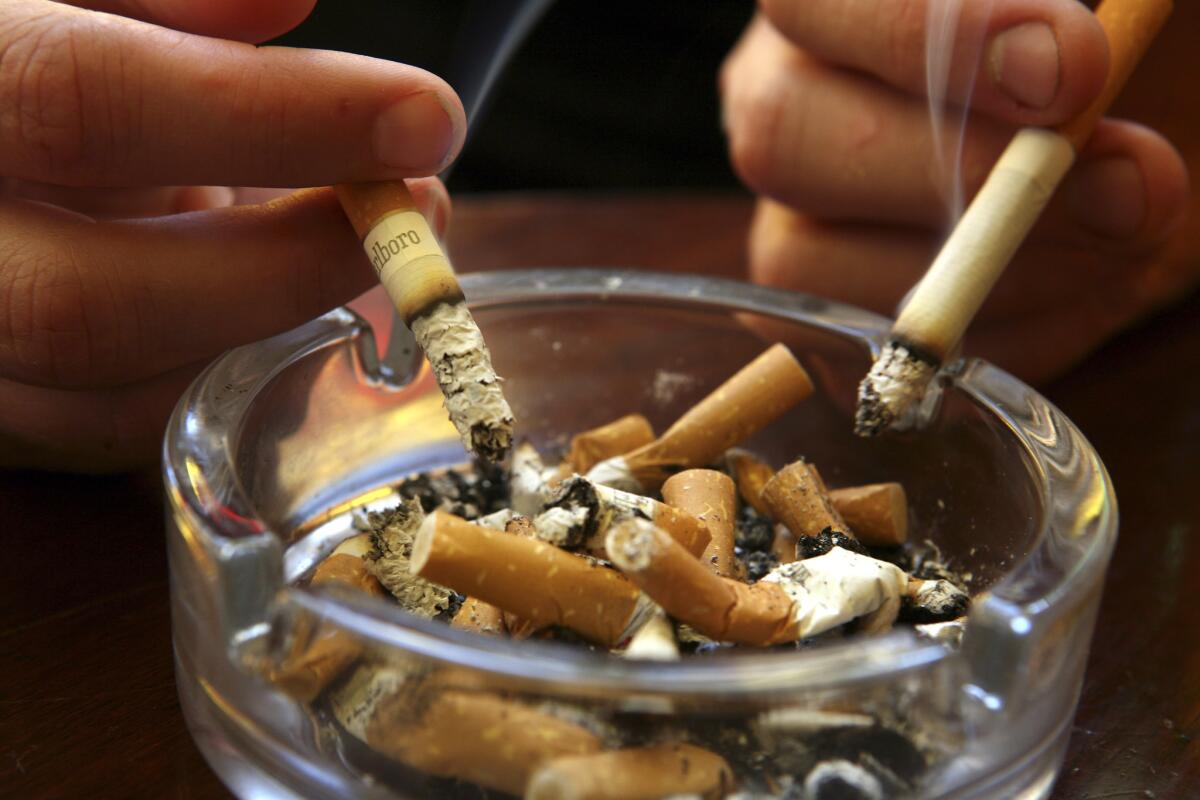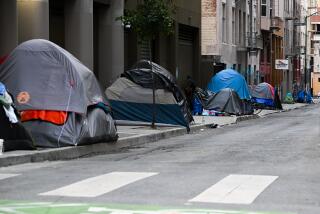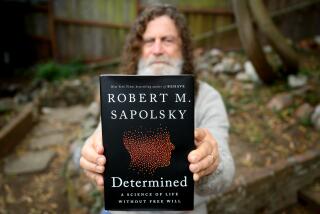The human side of poverty: Why poor people make bad decisions

- Share via
You’ll forgive a poor person’s series of impulsive and bad decisions — eating junk food, smoking, having children with multiple partners. In an essay written to show the human side of poverty, Linda Tirado explains some of the rationale behind the self-defeating decisions she makes as a poor person.
On not cooking, for example, she describes broccoli as intimidating. Why make the extra work for yourself, much less risk messing up a meal that could get your family sick, when there’s a simpler and inexpensive option? “It makes more sense to get food that you know will be palatable and cheap and that keeps well. Junk food is a pleasure that we are allowed to have; why would we give that up? We have very few of them,” Tirado writes. She also says: “Convenience food is just that. And we are not allowed many conveniences.”
She also calls smoking “the best option.” Between two jobs, a full college course load and kids, she says smoking’s both a stimulant that’ll keep her going and a relaxant. “It is not a good decision,” she writes, “but it is the only one that I have access to. It is the only thing I have found that keeps me from collapsing or exploding.”
And on spending what little money she has instead of saving, she explains: “It is not worth it to me to live a bleak life devoid of small pleasures so that one day I can make a single large purchase. I will never have large pleasures to hold on to. There’s a certain pull to live what bits of life you can while there’s money in your pocket, because no matter how responsible you are, you will be broke in three days anyway. When you never have enough money, it ceases to have meaning.”
It’s easy to look in from the outside and say that it’s the junk food that’ll make her family sick. That it’s the cigarettes keeping her going now that may eventually do the exact opposite. That prudently saving money isn’t done in the hopes of eventually making a large purchase but rather to have a rainy-day fund for emergencies.
As Tirado acknowledges, though, “planning isn’t in the mix.” She says: “Poverty is bleak and cuts off your long-term brain.”
But perhaps it’s the other way around. Maybe it’s the brain that’s to blame for the poverty.
I’ll let Robert M. Sapolsky explain. In a recent Times Op-Ed, he wrote about how rich versus poor people make decisions, arguing that money does matter — but not for the reason you may have thought.
“Economist Anandi Mani of the University of Warwick, along with collaborators from Harvard, Princeton and the University of British Columbia, explored the concept of cognitive load. The fanciest, most recently evolved part of the human brain is the frontal cortex, a region that mediates executive function, decision-making, emotional regulation and long-term planning — in other words, it plays a key role in many of the things rich people tend to do better than poor people.
“Naturally, the frontal cortex has a finite capacity. Extensive research shows that ‘frontal function’ is impaired in people who increase their cognitive load with things such as distracting tasks, stress, sleep deprivation, pain or even resisting temptation (for example, if you make someone’s frontal cortex work hard in order for them to resist eating chocolate, they are less capable immediately afterward of performing frontal cognitive tasks). What Mani found is that poor people, in general, have a greater cognitive load than rich people. […]
“Your brain has to work mighty hard if you’re constantly trying to figure out how to keep your head above water, and that is likely to contribute to poor decision-making and counterproductive behavior. As if just being poor wasn’t difficult enough.”
Tirado, in her essay, also talks about sleep — notably, how little she gets. That too impacts how the brain functions. Sleep deprivation, according to neuroscientist Penelope Lewis, weakens memory and the ability to synthesize information.
But what can Tirado do? “Rest,” she writes, “is a luxury for the rich.”
Read Tirado’s essay in full: “This Is Why Poor People’s Bad Decisions Make Perfect Sense.”
ALSO:
Ad campaign (lip) glosses over ‘Hunger Games’ message
Don’t like transphobic ‘jokes’? Stop watching these CBS comedies.
Photos: The Macy’s Thanksgiving Day Parade’s most controversial attractions
Follow Alexandra Le Tellier on Twitter @alexletellier and Google+
More to Read
A cure for the common opinion
Get thought-provoking perspectives with our weekly newsletter.
You may occasionally receive promotional content from the Los Angeles Times.









